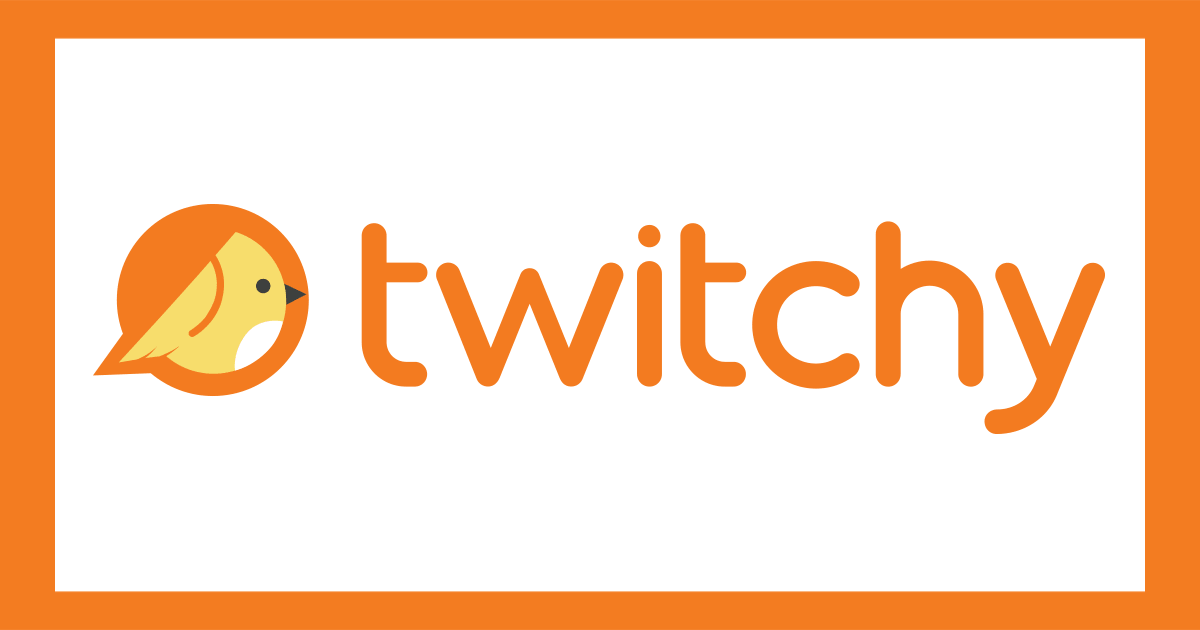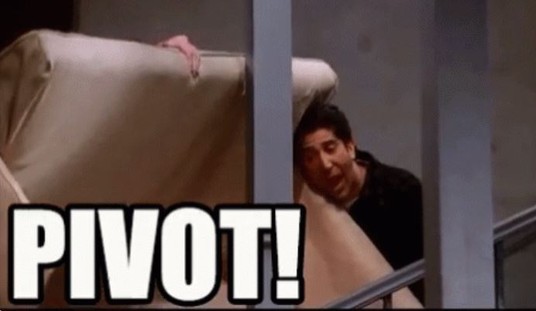Washington Gov. Jay Inslee announced a new contact tracing program for the state in a medium post, because that’s the best way to alert your population to a major new expansion of government power:
Until a treatment or vaccine is developed, contact tracing is the fastest and safest path to recovery.
Here’s what it will look like in Washington ⤵️https://t.co/FUe59ZtgqS
— Governor Jay Inslee (@GovInslee) May 13, 2020
He then gave a press conference on it, which also didn’t go well. This excerpt, for example, is one you’ll see a lot today. . .
In summary, once someone tests positive, state contact tracers will tell everyone that infected person has come into contact with to quarantine themselves for 14 days. According to what was said at the press conference, this means no leaving the home, even for groceries or meds:
For those individuals that refuse to cooperate with contact tracers and/or refuse testing, will not be allowed to leave their homes to purchase basic necessities such as groceries and/or prescriptions.https://t.co/Mx30f0MwoQ
— Lynnwood Times (@LynnwoodTimes) May 13, 2020
Need to eat? The state will provide groceries for you. Somehow. It isn’t clear:
the full context is a little bit different than this tweet. This is for people who have been in contact with a covid+ person. Inslee said there will be people to deliver them groceries, etc. at their home if they don't have someone to do it for them. https://t.co/ylSdbWuhvP
— Greg Pollowitz (@GPollowitz) May 13, 2020
The exact quote:
That doesn't seem like what he's saying here: pic.twitter.com/2HcQOFw6HU
— Ross Douthat (@DouthatNYT) May 13, 2020
Let’s just say there are a few bugs that need to be worked out:
If you had a relative dependent on lifesaving meds and the state forbid them from leaving their house but said don’t worry just call in the bureaucracy, your response is confidence that this is not a death sentence?
— Seth Mandel (@SethAMandel) May 13, 2020
Gov. Inslee is going to need to clean this up:
“Any hard directive isn’t going to fly” is my entire point.
— Seth Mandel (@SethAMandel) May 13, 2020
We’ll also note that this type of plan is likely to fail in the U.S. anyway. From Stanford Prof. Keith Humphreys:
Most of my great public health colleagues are greatly over-estimating the likelihood that the U.S. can mount a national test, trace, and isolate program as have countries like Germany and South Korea. My friends are mistaking a political-cultural challenge for a technical one 1/9
— Keith Humphreys (@KeithNHumphreys) May 11, 2020
Public health professionals are working out the technical side brilliantly. How many tests? What type? Who makes and processes them? How many health workers are needed for tracing? But solving these technical problems means nothing without widespread political consent 2/9
— Keith Humphreys (@KeithNHumphreys) May 11, 2020
In countries with successful testing programs, deference to government authority is higher than in the U.S. Information on where people live and work is often less closely guarded. And acceptance that the state has a monopoly on force is virtually uncontested. 3/9
— Keith Humphreys (@KeithNHumphreys) May 11, 2020
Testing programs depend on all that; they depend on people being so compliant that they will stay home for 14 days because a health worker told them to. Meanwhile, in Detroit last week a grocery store security guard was shot in the head for asking someone to wear a mask. 4/9
— Keith Humphreys (@KeithNHumphreys) May 11, 2020
Hard questions public health professionals haven’t answered include “What do you do when millions of Americans refuse to take your tests?” and “What do you do when many of the people you order to isolate, or to close their business, angrily refuse?”. 5/9
— Keith Humphreys (@KeithNHumphreys) May 11, 2020
These political challenges are not obvious to public health planners because virtually everyone in the field believes public health emergencies should override concerns about privacy and autonomy. And in general, public health specialists usually support expanding government. 6/9
— Keith Humphreys (@KeithNHumphreys) May 11, 2020
But these propositions have never been universally shared in America. Indeed we’ve debated them for centuries. You don’t have to venture far off campus to see that many, many, Americans don’t subscribe to the politics that are normative within public health. 7/9
— Keith Humphreys (@KeithNHumphreys) May 11, 2020
Of course, some places do broadly share these politics. They will produces patches of reduced infection via test, track, and isolate – a Massachusetts here, a San Francisco or Seattle there. But in a mobile nation, you can’t build a “no peeing” section in the swimming pool. 8/9
— Keith Humphreys (@KeithNHumphreys) May 11, 2020
That’s why America is more or less going to end up with Swedish coronavirus policy, not because we universally agreed to consciously choose it, but because we couldn’t universally agree – and never have – about fundamental issues surrounding politics and health. 9/9
— Keith Humphreys (@KeithNHumphreys) May 11, 2020
Swedish model here we come.
***
























